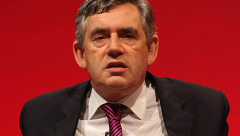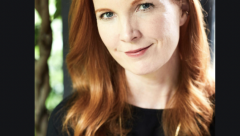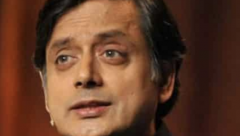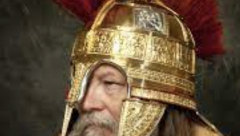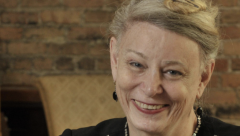Financial Times journalist and anthropology PhD, Gillian Tett’s Anthro-Vision is an essential reading for anyone working to rebuild a more equal world that solve twenty-first century problems. For centuries anthropologists have immersed themselves in unfamiliar cultures uncovering the hidden rituals that govern how people act. A new generation of anthropologists are using these methods in…
Category: Education
Gordon Brown, former Prime Minister identifies seven key areas of global crisis, and sets out a compelling argument for ensuring practical change to create a fairer, safer and more equal society, which includes global health, climate change, and environmental damage, nuclear proliferation, global financial instability, the humanitarian crisis and global poverty, the barriers to education…
Covid-19 killed millions already, hundred of millions of people are impoverished, and economic prospects across are being ruined, with death and recession to forefront. Rescue from Global Crisis is about how Covid19 rescue humanity. Ian Goldin, professor of globalisation at the University of Oxford, details an optimistic vision of the future after Covid-19 which has…
British academic, Benjamin T Smith in The Dope exposes how an illicit industry that started with farmers, families and healers came to be dominated by cartels, kingpins and corruption. Smith traces the characters whose actions came to influence Mexico as we now know it. Enrique Fernandez, the borderlands trafficker who became Mexico’s first narco and…
Ever wondered what happens when artificial intelligence is shaping our understanding of ourselves, our societies and saturates our political life and depletes our planet? Dr Kate Crawford, senior principal researcher at Microsoft Research, co-founder and director of research at the AI Now Institute at NYU, a visiting professor at the MIT Center for Civic Media,…
The Inglorious Empire, is a book arising form a contentious Oxford Union debate in 2015, where Shashi Tharoor proposed the motion “Britain owes reparations to her former colonies” should keep the home fires burning, so to speak, both in India and in Britain. Shashi Tharoor, an Indian politician, writer and former UN under-secretary-general, whose book…
Margarette Lincoln, former deputy director of the National Maritime Museum, brings detailed account of London life -the gardens, the coffee houses, the shopping and charts the impact of national events growing citizenry with its love of pageantry, spectacle and enterprise. When the Thames froze over and Mary Evelyn, wife of the diarist John, complained about…
Crossing Continents recounts Standard Chartered’s story not a critique of British imperialism, silver crises, and currency reforms but of men and British achievement in the East, with in depth details from one of the richest archives available to any commercial bank, by giving rare and compelling perspective on the evolution of international trade and finance,…
Over seven centuries, the Anglo-Saxon period has attracted a huge amount of mythmaking and a formative time for English society. Between fifth and 11th century , many things took shape start are still recognisable as those the Anglo-Saxons knew; the English language, the settlement of most of our towns and cities, the monarch, the national…
Deirdre Nansen McCloskey, professor emerita of six separate disciplines at the University of Illinois, Chicago an Economic historian, in her latest book on the Great Enrichment and the betterment of the poor -not just materially but spiritually, gives a intellectual and rigorous analysis with focus on human rather than the institutions. She asserts her vision…


